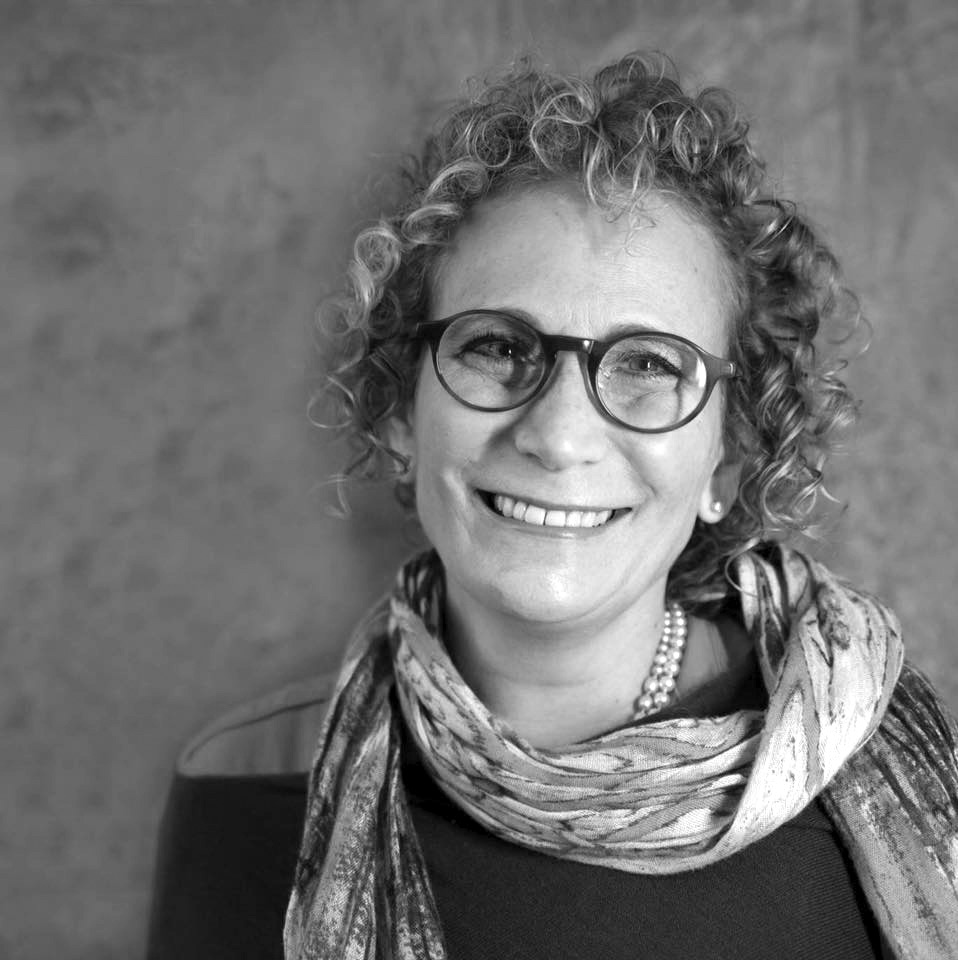
This is the first of six weekly columns by Rabbi Zimmerman leading up to Yom Kippur.
In these waning days of summer, when we want to hang on to every last moment of the dwindling daylight hours, wafts of the High Holy Days begin to enter our consciousness. In the middle of planning one last summer excursion, we may realize we have to make plans.
Every year, the High Holy Days arrive without fail, whether we are ready or not, and remind us: No matter what’s going on in the world, returning “home” is possible.
Even though Rosh Hashanah is not until Sept. 10, it’s important to start warming up, so that when we arrive at the new year, we are ready and open.
The rabbis declared that the entire month preceding Rosh Hashanah is meant for soul preparation and spiritual accounting. This 30-day period in the month of Elul is designed for taking stock of where we are, who we are and who we are meant to be.
Elul is about getting back into right relationship—with other people in our lives, with ourselves, with God and with community. This season is about moving from brokenness to wholeness. In truth, this season began with Tisha b’Av (the 9th of Av), when everything fell apart. We spend Elul working to repair and reconnect in the reality of the present.
This year, the first day of Elul begins Saturday night, Aug. 11.
On this first day, the shofar begins to blow, and it blows each day for the entire month. Rabbi Moses ben Maimon (Maimonides) says the shofar calls us to wake up from our sleep. He writes in his Mishnah Torah, “Search your ways and return in teshuvah … examine your souls” (Repentance 3:4).
On the first day of Elul, Moses ascends Mount Sinai after the incident with the golden calf, which nearly broke our relationship with the Eternal. Moses stayed there for 40 days, pleading for forgiveness for the people. On Yom Kippur, God gives Moses the second set of tablets, indicating a reconciliation. This journey mirrors the process we are supposed to go through in this season: We assess our lives and recommit to our core values and best selves.
Elul is about getting back into right relationship — with other people in our lives, with ourselves, with God and with community.
In this six-week series, I will offer suggestions and resources for your personal Elul reflection and accounting. I’ll also write about the major themes and metaphors that weave through the Elul and the High Holy Days.
As my mentor Rabbi Laura Geller teaches, the High Holy Days only “work” when you do your own “work.” Too many of us come with expectations that something will happen to make this season meaningful. I promise you this: The degree to which this year’s High Holy Days are meaningful for you will be in direct proportion to the amount of time you set aside to do personal reflection and accounting.
Let’s begin.
1. Find a notebook that can be your Elul 2018 journal. You can write your responses to the questions I am posing, and your thoughts.
2. Take out your calendar and make a list of all the significant events of the year. What did you learn? What had meaning for you?
3. It’s traditional to recite Psalm 27 every day this month. It’s a wonderful psalm to journal about and/or discuss with a friend.
In verse 4, the psalmist writes: “One thing have I asked of God, that will I seek after: That I may dwell in the house of God all the days of my life.”
4. What is “A house of God” for you? When and where have you felt connected to the Divine?
The promise of this season, claims Rabbi Alan Lew, is nothing less than transformation.
Next week, we’ll take the next step in that journey.
Rabbi Jill Berkson Zimmerman is a rabbi-at-large. She can be found online at ravjill.com























 More news and opinions than at a Shabbat dinner, right in your inbox.
More news and opinions than at a Shabbat dinner, right in your inbox.